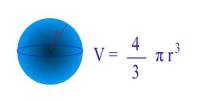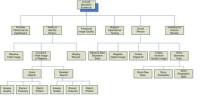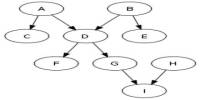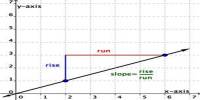The Landau-Siegel zeros conjecture is a hypothesis in number theory related to the distribution of prime numbers. Specifically, it concerns the behavior of the Riemann zeta function.
The Landau-Siegel zeros conjecture may have been resolved, according to a paper that Yitang Zhang, a number theorist at the University of California, Santa Barbara, uploaded on arXiv. At this point, no one else has endorsed the document, and Zhang himself has not even clarified its goal or even basic meaning.
The paper posted by Zhang is not in a traditional format. There isn’t a preface, summary, or even a description of the contents. Instead, it is a mathematical proof that spans 111 pages. Zahn does, however, indicate that his work is connected to the Landau-Siegel zeros conjecture and that it incorporates discrete estimates from the title.
The Riemann Hypothesis, which purports to forecast the likelihood that numbers falling inside a specific range are prime numbers, is theoretically challenged by the Landau-Siegel zeros conjecture.
Zhang is considered to be somewhat of an eccentric person. He was born and raised in China, and earned a master’s degree at Peking University. He then moved to the United States where he earned a Ph.D. in math at Purdue University.
He worked a number of menial labor jobs until finding a position at the University of New Hampshire, but for some reason he was unable to find employment in his specialty.
The Landau-Siegel zeros conjecture is a weaker conjecture that concerns the distribution of the zeros of the zeta function off the critical line. It has been partially proved by several mathematicians, but it remains open in its full generality.
The twin prime conjecture, which asserted that there are infinite pairs of prime numbers that differ by two, was published in 2013 after several years of Zhang working on it on his own time.
The paper was considered a major breakthrough and made Zhang a celebrity of sorts in the math world. He appears to have spent a long time on the Landau-Siegel zeros conjecture. He published a preprint of a manuscript about it in 2007, however due to issues with the study, it was never accepted for publication in a peer-reviewed journal.
Others’ reviews and comments on Zhang’s paper won’t probably be finished for some time. Even though Zhang is due to present his thesis to his peers at Peking University soon, it is unclear if he will make a public statement about it.
















